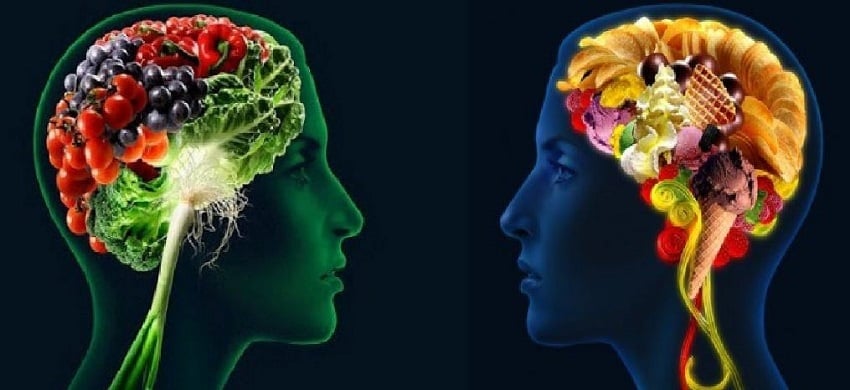Food affects our mood and behaviour – are taking care of your gut?

Gut and mental health – what do they have in common?
Gut bacteria have a huge impact on the neurological mechanisms that take place in our body. All because the intestines and the brain are directly connected to each other by the vagus nerve. It is the longest and the largest nerve in the human body. So if our digestive system is leaky and the intestinal flora is weak, it is not difficult to feel bad. Speaking of depression, we should mention serotonin. This hormone significantly affects our mood. People who suffer from serotonin deficiency can experience long-term sadness, a lowered pain threshold, a tendency to aggression, anxiety, compulsive obsessions, and often depression. What’s this got to do with the gut? Well, only 5% of this hormone comes from the neurons of the nerve plexuses, and the gut is the source of the rest of it (so 95%). No wonder then that what we eat has a huge impact on our mental health.
Eating processed foods full of artificial additives and preservatives can be harmful to our mood. Most of the dyes, so readily added to sweets and drinks, have a stimulating effect. Chemical additives are one thing, but sugar and sugar-substitutes also affect behaviour and mood. Their consumption leads to large fluctuations of insulin in the blood and an increase in the level of neurotransmitters, which can lead to hyperactivity, irritability and problems with concentration.
So what can we incorporate into our diet to feel balanced? The diet must not lack tryptophan-rich foods. This amino acid is necessary for the synthesis of serotonin. Vitamin B6 also has an influence on the mood. Its deficiency leads to the nervous system disorders, which are manifested, among others, in deterioration of well-being, memory problems, apathy, insomnia. Fatty acids, especially omega-3 acids, play a significant role in the functioning of the nervous system. The proper amount of vitamin D3 in the body is also important for our well-being. When its concentration is too low, the risk of seasonal depression and mood disorders increases. The work of the nervous system may also be disturbed by abnormalities in the concentration of calcium, chromium, zinc and iron.
The world today requires a lot of us. We “have to” to be good employees, parents and guardians. Every day we do a lot of work that puts a lot of strain on us mentally and physically. It is very easy to feel sad and powerless, which is confirmed by many research. So we have to take care of your mental health every day. We will achieve success in small steps: e.g. making sure our diet is healthy and balanced, we exercise, connect with others, dedicate some time to our hobbies/interests/passions, relaxing, resting, sleeping. You are just one step away from making that change.
